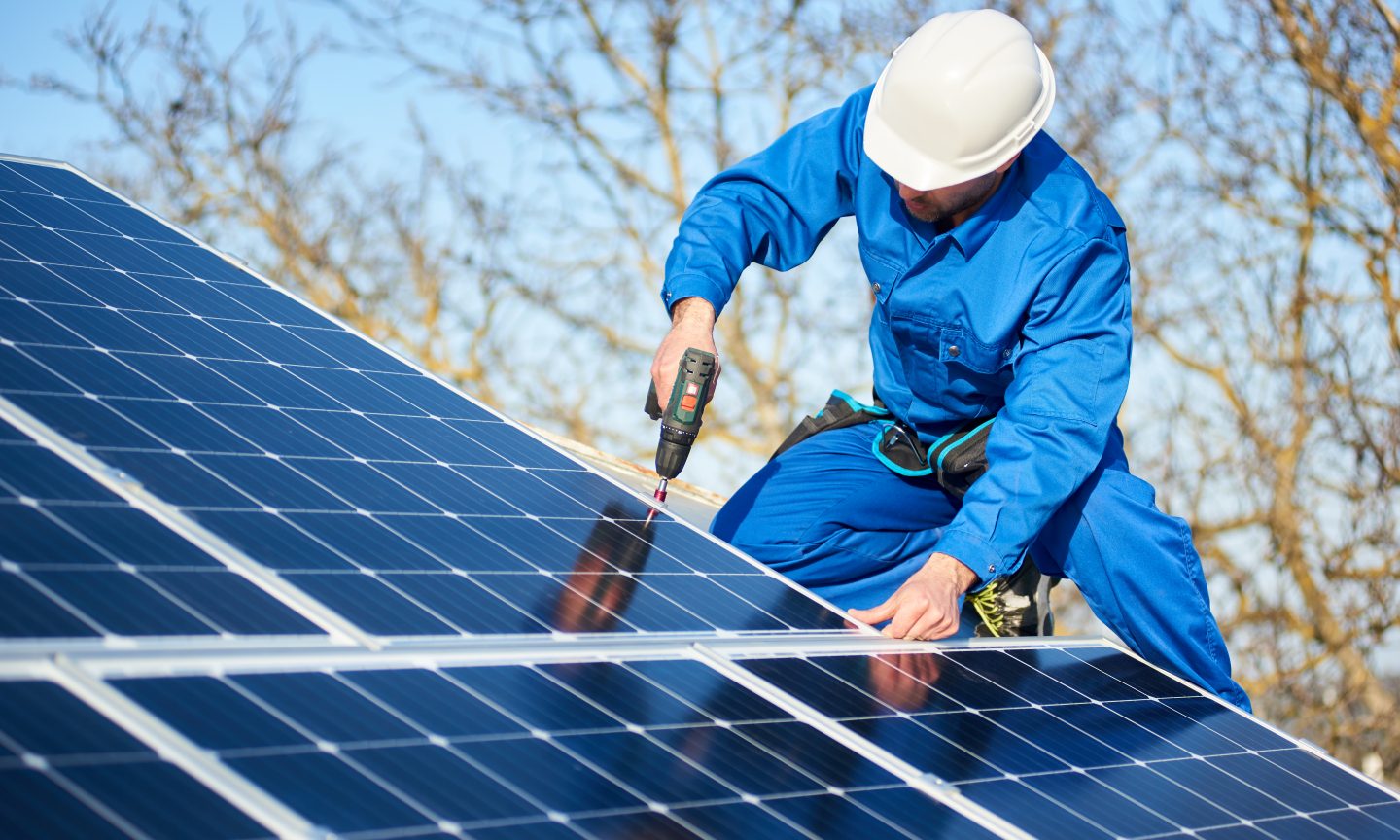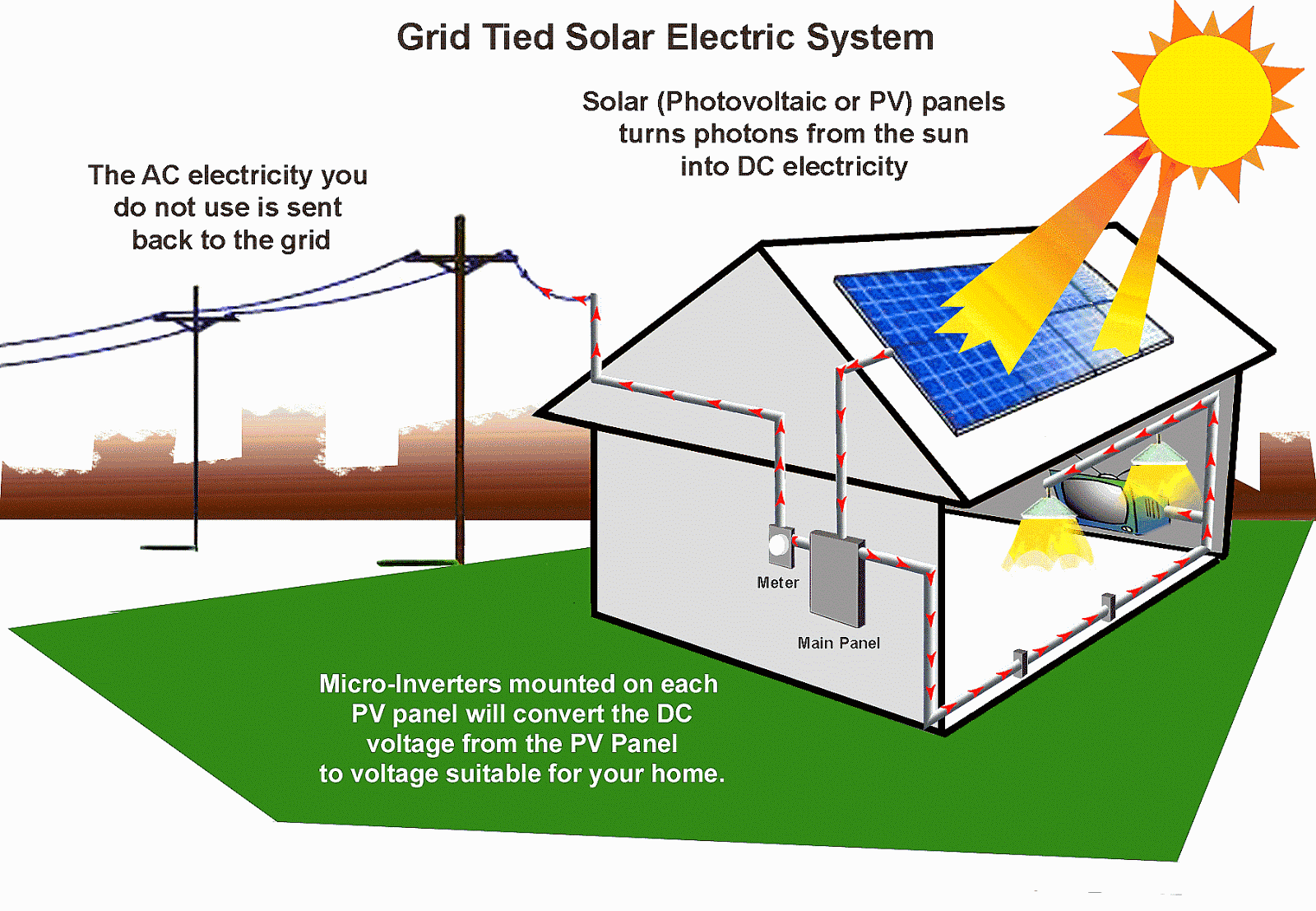“What gauge wire is best for home solar power installation?”
In this article, we will explore the importance of choosing the right gauge wire for your home solar power installation and provide guidance on selecting the best wire for your system.
Understanding Wire Gauge
Before we dive into the best gauge wire for home solar power installations, it’s essential to understand what wire gauge is and how it affects your system’s performance. Wire gauge refers to the diameter of a wire, with smaller gauge numbers indicating thicker wires. The American Wire Gauge (AWG) system is the standard measurement system used in the United States. The AWG system ranges from 0000 (thickest) to 40 (thinnest).
Why is Wire Gauge Important in Solar Power Installations?
The wire gauge used in your solar power installation plays a critical role in determining the system’s efficiency, safety, and overall performance. Here are a few reasons why wire gauge is important:
- Energy Loss: Thinner wires (higher gauge numbers) have higher resistance, which can lead to energy loss and decreased system efficiency. This can result in reduced power output and lower overall system performance.
- Heat Generation: When electricity flows through a wire, it generates heat. Thicker wires (lower gauge numbers) can handle higher currents without overheating, reducing the risk of fire and electrical shock.
- System Reliability: Using the correct wire gauge ensures that your system can handle the maximum power output of your solar panels, reducing the risk of system failure and downtime.
- Code Compliance: Using the correct wire gauge is essential for meeting local electrical codes and regulations, ensuring a safe and compliant installation.

Determining the Best Gauge Wire for Your Home Solar Power Installation
To determine the best gauge wire for your home solar power installation, you’ll need to consider several factors, including:
- System Size: The size of your solar power system, including the number of panels and their wattage, will impact the required wire gauge.
- Distance: The distance between your solar panels, inverter, and electrical panel will also affect the required wire gauge.
- Current: The maximum current output of your solar panels and inverter will determine the minimum wire gauge required.
- Voltage: The voltage of your system, including the solar panels and inverter, will also impact the required wire gauge.

Recommended Wire Gauges for Home Solar Power Installations
Based on industry standards and best practices, here are some recommended wire gauges for home solar power installations:

- 10 AWG: For smaller systems (less than 5 kW) with short wire runs (less than 50 feet), 10 AWG wire is a good choice.
- 8 AWG: For medium-sized systems (5-10 kW) with moderate wire runs (50-100 feet), 8 AWG wire is recommended.
- 6 AWG: For larger systems (10-20 kW) with longer wire runs (100-200 feet), 6 AWG wire is a good choice.
- 4 AWG: For very large systems (over 20 kW) or commercial installations, 4 AWG wire or thicker may be required.
Additional Considerations
When selecting wire for your home solar power installation, consider the following:
- Insulation: Choose wire with durable insulation that can withstand outdoor conditions, including UV radiation and extreme temperatures.
- Material: Copper wire is the most common choice for solar power installations due to its high conductivity and durability.
- Color Coding: Use color-coded wire to simplify installation and maintenance, with red for positive conductors and black for negative conductors.
- Grounding: Ensure that your wire is properly grounded to prevent electrical shock and system damage.
Conclusion
In conclusion, choosing the right gauge wire for your home solar power installation is crucial for ensuring a safe, efficient, and reliable system. By considering factors such as system size, distance, current, and voltage, you can select the best wire gauge for your installation. Remember to follow industry standards and best practices, and always consult with a licensed electrician or solar professional if you’re unsure about any aspect of your installation. With the right wire gauge, you can enjoy the benefits of solar energy while minimizing energy loss and ensuring a safe and compliant installation.
Additional Resources
For more information on wire gauge and solar power installations, consult the following resources:
- National Electric Code (NEC): The NEC provides guidelines for electrical installations, including wire gauge requirements.
- International Association of Electrical Inspectors (IAEI): The IAEI offers resources and training on electrical inspections, including solar power installations.
- Solar Energy Industries Association (SEIA): The SEIA provides guidance on solar power installations, including wire gauge recommendations.
- Underwriters Laboratories (UL): UL provides certification and testing services for electrical components, including wire and cable products.
By following the guidelines outlined in this article and consulting with industry experts, you can ensure a safe and efficient home solar power installation that meets your energy needs and provides a strong return on investment.


